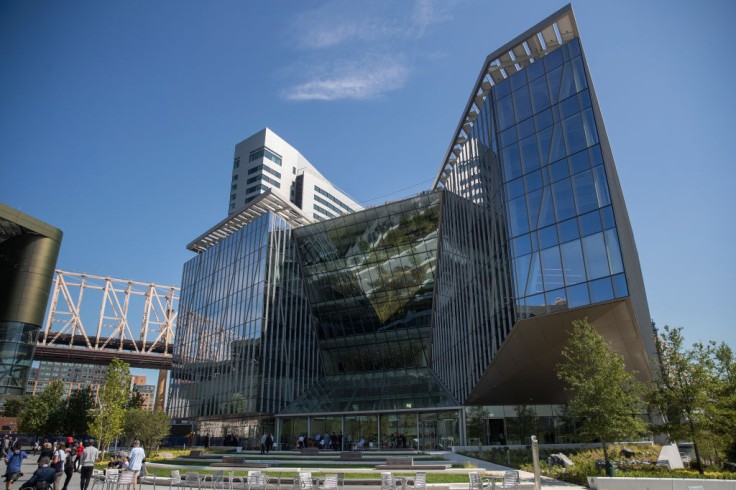
Cornell University, in a swift response to alarming online threats against its Jewish community, has enhanced its security measures.
This unsettling incident further highlights the increasing campus tensions across U.S. universities in the wake of the Israel-Hamas conflict.
Unsettling Threats Lead to Immediate Action
Martha E. Pollack, Cornell University's President, voiced serious concerns over explicit threats aimed at the university's Jewish community.
The threats were especially ominous as they singled out the Center for Jewish Living at its 104 West location. These disturbing messages were found on a website not associated with Cornell.
Recognizing the gravity of the situation, campus security was promptly bolstered, and police were dispatched to the highlighted locations to ensure the safety and well-being of its community.
In line with the University's zero-tolerance approach, law enforcement did not delay in escalating the issue.
The FBI was informed about the potential hate crime. Pollack firmly stated the institution's stand, asserting that Cornell University steps up security and other measures to combat any form of antisemitism.
She further emphasized that individuals found propagating such threats would be dealt with stringently, facing the full weight of the law.
Escalation of Anti-Semitic Threats Amid Broader Campus Tensions
The recent threats at Cornell aren't isolated incidents. There's been a discernible atmosphere of unease and tension permeating college campuses throughout the nation since the onset of the Israel-Hamas war.
A parallel incident took place at George Washington University, where criticisms of the Israeli government were vividly projected onto a library wall.
Phrases like "Divestfrom From Zionist Genocide Now" became widely circulated on X, the social media platform previously identified as Twitter.
In a similar vein, Columbia University chose to postpone an influential fundraising initiative in light of the spirited debates that emerged on campus.
These debates culminated in sizeable gatherings, with students and faculty members voicing their support for both Israel and Palestine, particularly after the recent offensive by Hamas.
Adding more nuance to the range of perspectives and reactions, Cornell's own Russell Rickford, a renowned associate professor, became the subject of discussion after his statements during a pro-Palestinian rally earlier in the month.
Despite his subsequent apology for the choice of words, they undoubtedly stirred emotions in an already strained environment.
New York State and Federal Reaction to the Surge in Anti-Semitism
Governor Kathy Hochul of New York was vocal in her disapproval of the reprehensible threats against Cornell University's Jewish students.
She further clarified that while the legitimacy of these threats remains under scrutiny, the New York State Police are taking proactive measures. In her interactions with university leaders throughout the state, she underlined the government's unwavering commitment to the safety of all campuses.
Reinforcing this dedication at a national level, the Biden administration declared novel strategies to counteract the rising antisemitism plaguing college campuses.
With a staggering 388% spike in anti-Semitic incidents in the U.S. post-Israel altercations, there is now a joint effort between the Departments of Justice and Homeland Security and various campus law enforcement entities.
Their collective mission revolves around tracking, analyzing, and countering hate-inspired rhetoric proliferating online.
As part of a broader initiative, the administration has also sought to address the Muslim and Arab American communities' concerns, acknowledging reported threats and untoward incidents.
In a rapidly evolving environment, the need for vigilance, understanding, and unity has never been more evident.
Universities like Cornell exemplify the proactive approach required in these trying times, ensuring the safety of their communities while promoting open dialogue and understanding.